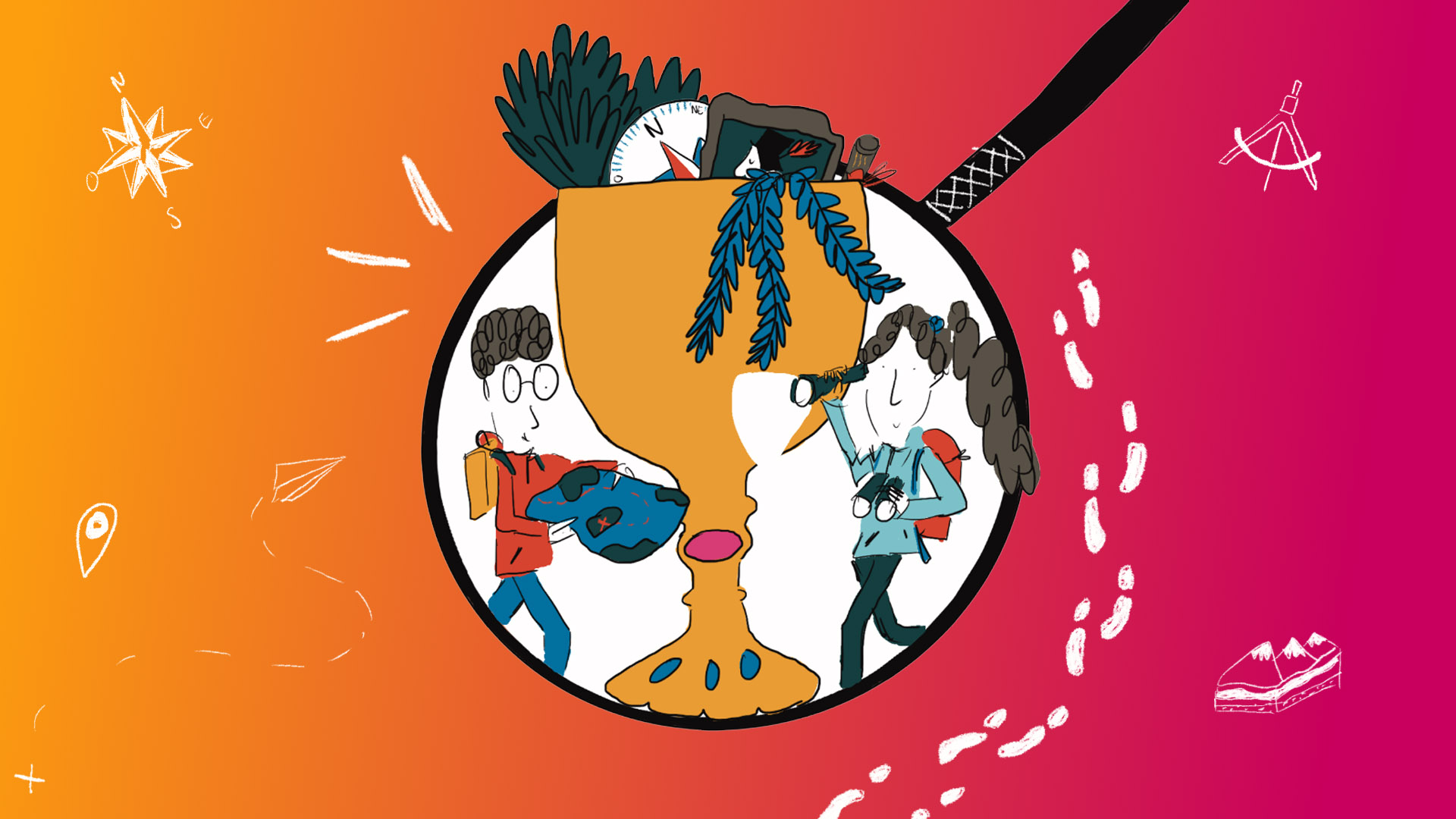The project
Edugraal aims to make homework more accessible and fun for both teachers and students, regardless of their profile.
This project is based on the proposals of Cathy Vatterott, in her book Rethinking Homework : Best Practices that Support Diverse Needs (2009) which proposes a paradigm shift regarding homework, rather than a decision on whether or not to eliminate it.
The author identifies five key points for assessing the relevance of homework:
1 – The purpose: students must understand the purpose and importance of their homework.
2 – Efficiency: the proposed homework should take a reasonable amount of time and involve deep thinking.
3 – Appropriation: students who feel involved in the content of the homework learn more and are more motivated.
4 – Competence: students must be able to do their homework independently, without outside help (because many simply don’t have any…). To do this, we must abandon the single model.
5 – Inspiration: capture students’ attention and interest in class so that they are motivated to continue learning independently.
Edugraal offers a new homework format that relies on storytelling, gaming and learning. This new format is inspired by you-are-the-hero books and escapist books to offer stories that blend narration, exercises and comprehension support.
The stories are organized by age and subject matter (science, literature, foreign languages, math, history and geography). Two modes of consultation are available on the project website: online or in printable version. The layout of Edugraal’s interactive stories has also been designed to be as inclusive as possible.
Context
Homework is a time-honored tradition in education that, until recently, has gone largely unchallenged. In 2020, when students moved to fully home-based learning, the need to re-evaluate homework became more pressing. While most schools have returned to face-to-face learning, the time has come to reevaluate our homework practices, their role and impact on students’ mental well-being. In addition, socio-cultural inequalities within students’ families often determine the amount of help and support a child can expect to receive for homework during school.
Homework is therefore increasingly questioned by specialists, teachers and parents alike.
Objectives
- Offer teachers and students a different approach to homework by placing storytelling and play at the center of review and learning.
- Accompany teachers in the practice of tools and materials based on narrative and play.
- Promote student engagement in homework completion.
- Contribute to the development of more inclusive educational materials.
- Stimulate the acquisition of basic skills through a multidisciplinary approach.
Targets
Edugraal’s resources are primarily intended for students aged 10 to 15 and their teachers.
Resources
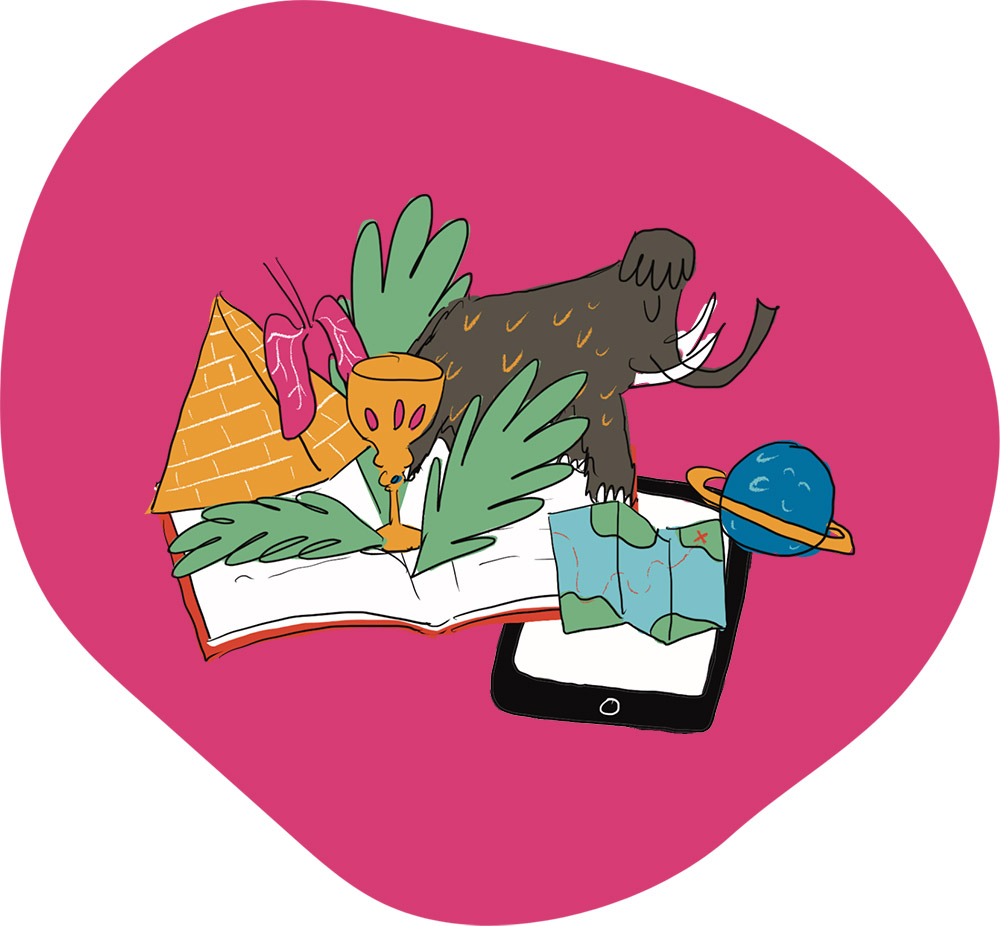
18 stories to print or to consult online.
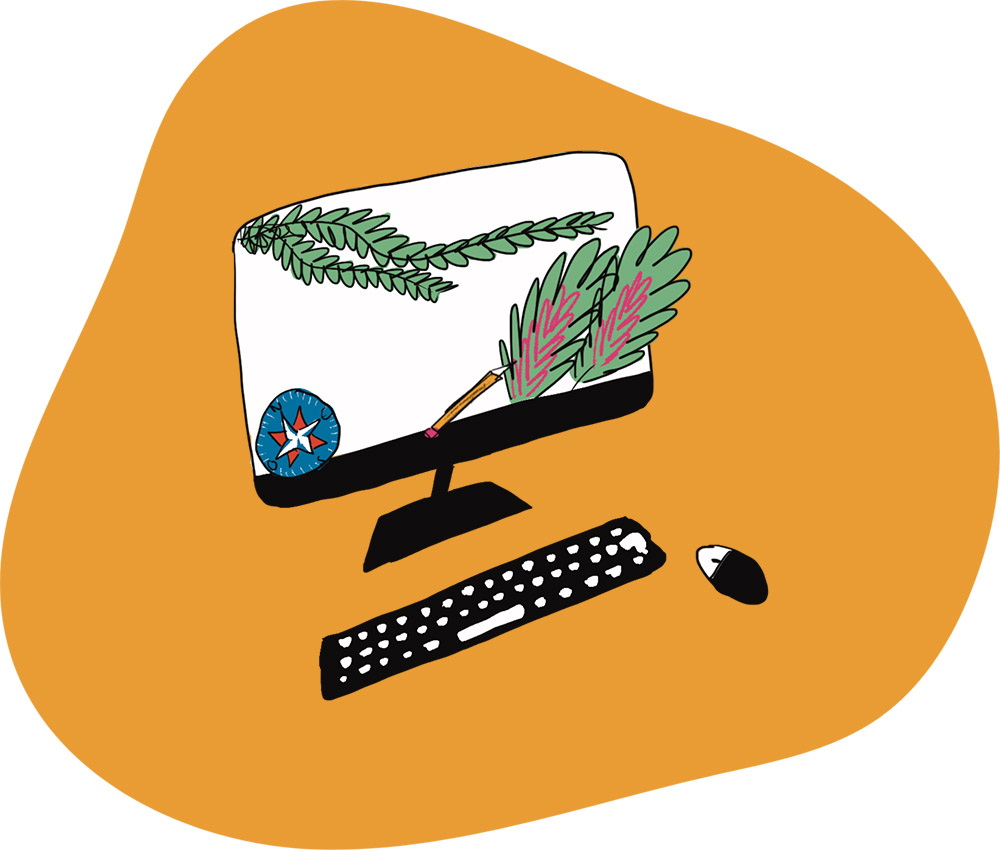
An online training module for teachers
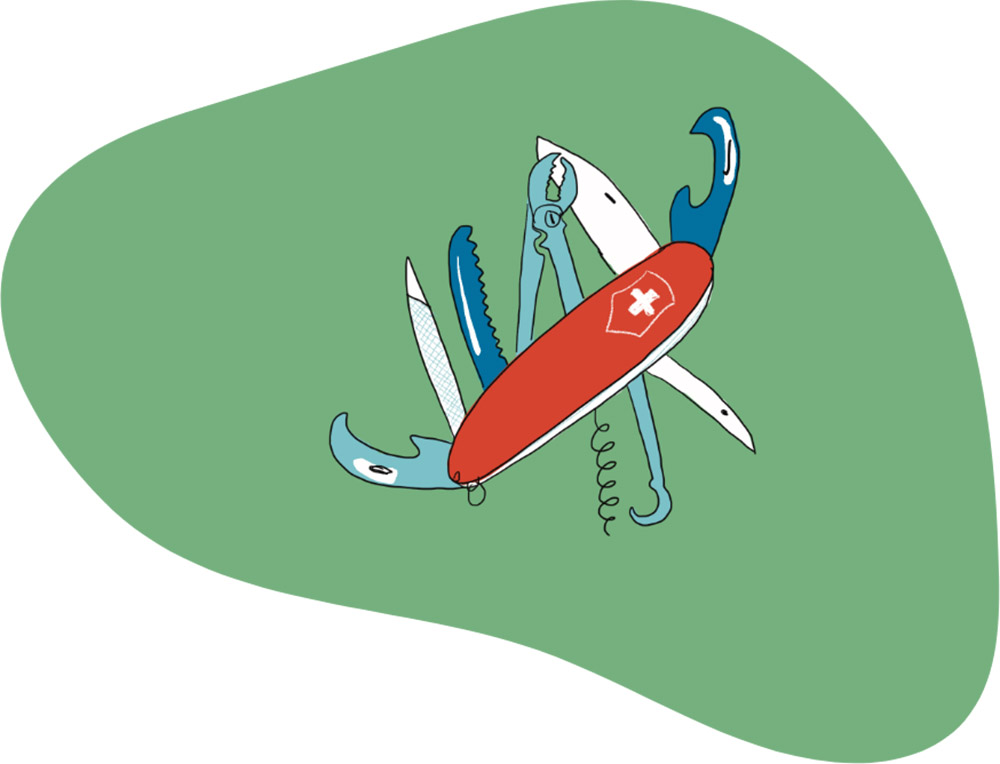
A toolbox containing more than 100 references of tools, softwares, supports for printing to create its stories.
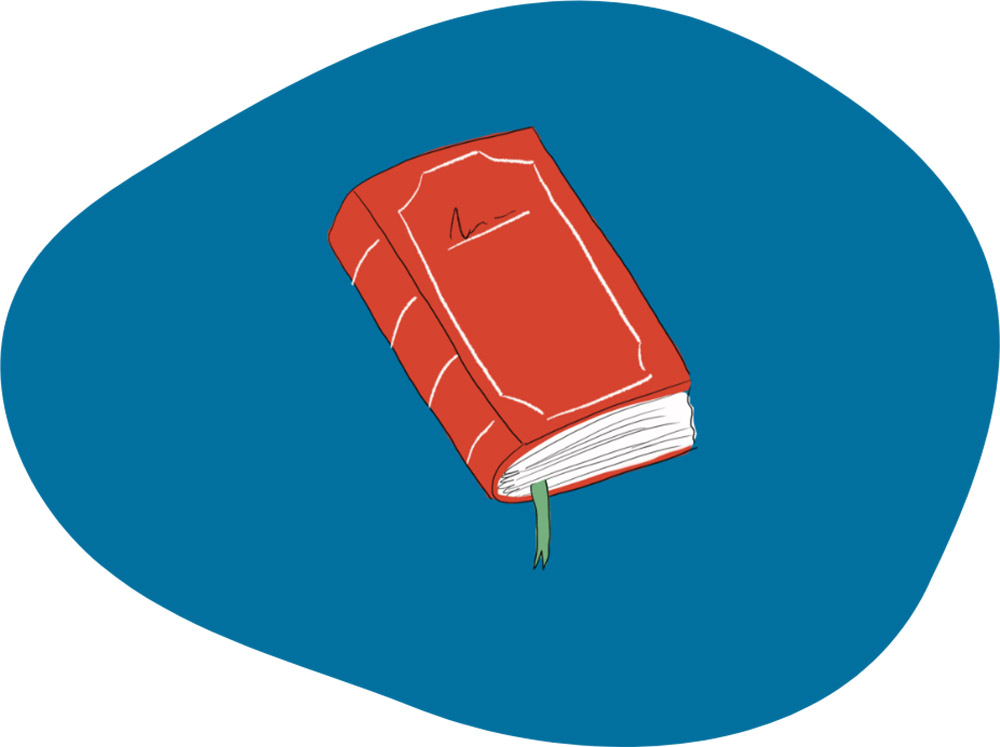
A guide to using Edugraal resources in the classroom and at home.

